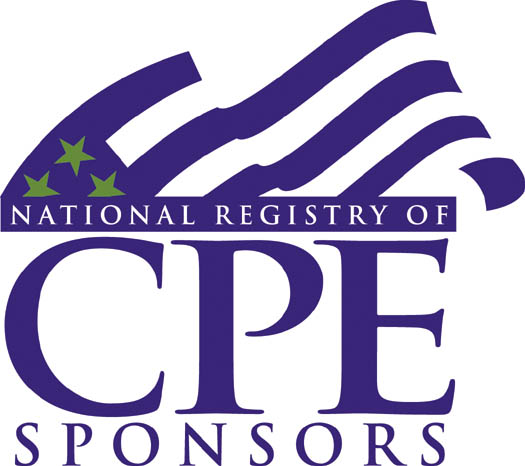Employers want financial employees who are well informed on the latest regulations, business trends and best practices. But they’re not always willing to let their teams pursue continuing professional education (CPE) opportunities on company time, according to a new survey from recruitment firm Robert Half Finance & Accounting.
Click the image to view the full-size infographic of the survey findings.
Only 26 percent of CFOs report their companies allow all employees to fulfill CPE requirements, which come from the National Association of State Boards of Accountancy (NASBA), while at work; another 24 percent say it depends on the employee. Half of firms rarely or never let any staff take classes during business hours.
CFOs were asked, “Do you allow employees to attend continuing professional education (CPE) courses during business hours?” Their responses:
|
Yes, we support and accommodate employees to seek more education, even if classes are during business hours |
26% |
|
Yes, dependent on if the employee has a proven track record for success |
24% |
|
Not generally, but we have made exceptions in the past |
23% |
|
No, we do not accommodate employees taking classes during business hours |
27% |
|
100% |
“Businesses do themselves a disservice by prohibiting employees from taking CPE courses during company time,” said Robert Half senior executive director Paul McDonald. “Webinars, seminars and online courses, some as short as 10 minutes, allow professionals to earn the needed credits and help their employers by staying on the cutting edge of industry trends.”
McDonald added investing time in staff members’ ongoing education offers lasting benefits. “The better informed your employees are, the fewer technical, compliance and ethical mistakes they’re likely to make,” he said. “Moreover, a generous training program that includes allowing staff to obtain continuing education during work hours shows support for professional development and is a powerful recruitment and retention tool.”
Robert Half Finance & Accounting offers four tips for requesting to earn CPE credits during the workday:
- Be your own best advocate. Supervisors may need to be convinced to let employees take courses while at work. Build a business case for how the company will benefit from the skills you’ll acquire.
- Start small. If your boss frowns on continuing education during work hours, choose sessions that can be scheduled during your lunch hour. Not sure where to start your search? Try the NASBA for more information on requirements and courses for each state.
- Emphasize the big picture. Is there a gap in your department’s knowledge base? Let your boss know how CPE classes will enable you to shore up those weaknesses and support the team.
- Evaluate different options. While some CPE courses are online and others in-person, offerings from providers, including professional organizations, are evolving. For example, in some states, accountants can earn credits through a series of shorter events. Check with local professional associations to find opportunities that fit your needs.
The survey was developed by Robert Half Finance & Accounting and conducted by an independent research firm. It is based on telephone interviews with more than 2,200 CFOs from a stratified random sample of companies in more than 20 of the largest U.S. metropolitan areas.
Thanks for reading CPA Practice Advisor!
Subscribe Already registered? Log In
Need more information? Read the FAQs




